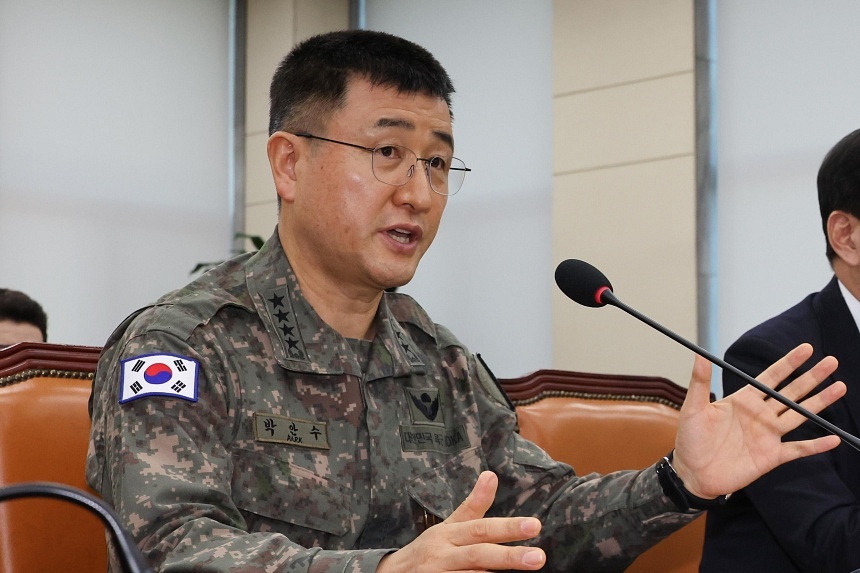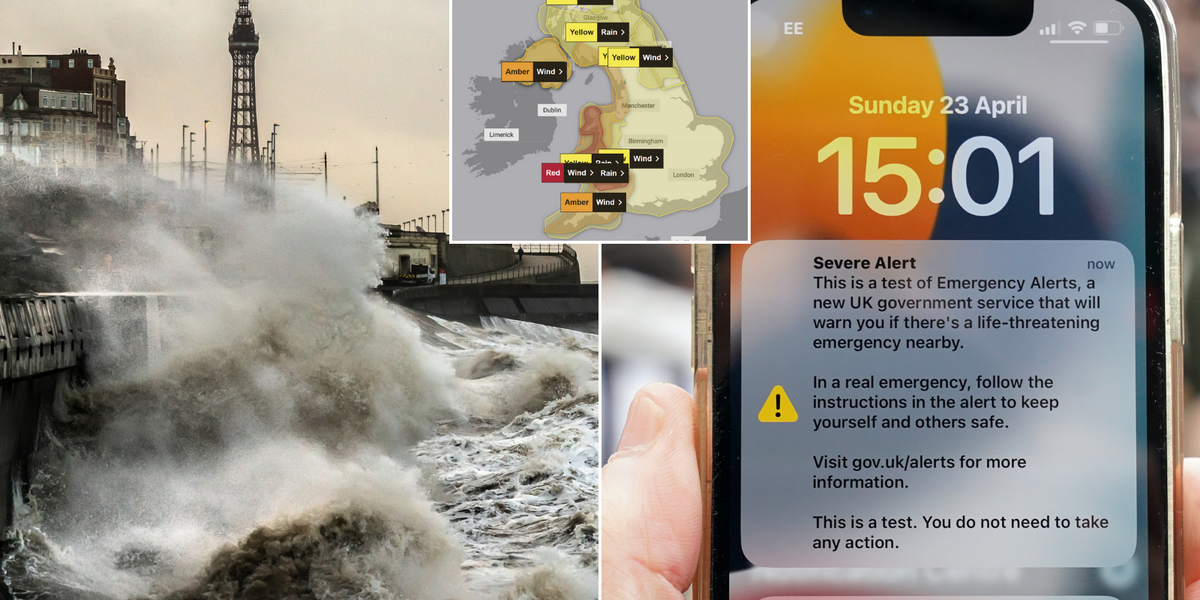NATO members are urgently discussing raising their defence spending to 3 per cent of GDP amid fresh fears over global threats and as Donald Trump threatens to pull out of the alliance upon his return to the White House.
It comes as the head of the defence alliance warned today that it will not be prepared for the threats it is set to face from Russia in the coming years if it does not shift to a wartime mindset now.
'Russia is preparing for long-term confrontation, with Ukraine and with us,' NATO secretary general Mark Rutte said during a speech in Brussels. 'We are not ready for what is coming our way in four to five years.'
He said that the time has come for the alliance to 'turbocharge our defence production and defence spending', adding that the current security situation is the worst he has seen in his lifetime.
Confidential preliminary talks took place this week about raising the alliance's target rise from 2 per cent of of GDP, a measure that could be implemented at its annual summit in the Netherlands in June next year, according to the Financial Times.
President-elect Trump has argued that Europe should pay more for its own defence after he declared that he would consider pulling the US from NATO if targets were not met.
During his first presidency, Trump demanded more spending during the 2018 NATO summit, with leaders vowing to meet the 2 per cent benchmark.
But the surge in spending only came in response to Russia's war against Ukraine, with non-US NATO members raising their spending by around $100 billion over the last two years as a result.
European NATO members are discussing raising their defence spending to 3 per cent of GDP ahead of Donald Trump's return as president
The potential move comes amid demands from Trump that Europe should pay more for its own defence
While the alliance reaches the spending target collectively, around a third of members do not meet the mark independently.
This year, only 23 allies out of 32 are expected to meet or exceed the target of 2 per cent.
Seven European countries, including Italy and Spain, are still failing to meet the benchmark that was first implemented in 2014.
Three people involved in the talks also told the FT that they envisage a short-term pledge to hit 2.5 per cent and a target of 3 per cent by 2030.
Increasing spending further will come as a challenge to several European countries, including the UK, Spain, Italy, Germany and France.
The UK expects to spend around 2.3 per cent of GDP on defence this year, and the government has confirmed it will raise that to 2.5 per cent.
NATO's founding principle is that an attack on one member amounts to an attack on all.
Mr Rutte has previously said he would push for the target to be 'much more' than the current benchmark.
He pointed to what he called a 'coordinated campaign to destabilise our societies,' including cyberattacks and assassination attempts orchestrated by foreign powers.
The NATO chief added that the West should keep its eyes open to China's ambitions and threats towards Taiwan and warned that Beijing is building up its forces 'with no transparency or limitations'.
NATO Secretary General Mark Rutte holds a press conference, at the alliance's headquarters in Brussels, Belgium December 4, 2024
Meanwhile Ukraine's President Zelensky has been pushing for membership of the bloc as his country seeks to ensure its future security.
The possibility of Kyiv joining the alliance and of Western troops being stationed on Ukrainian soil have been deeply divisive and contentious since Russia's full-scale invasion began on February 24, 2022.
At their summit in Washington in July, NATO declared Ukraine on an 'irreversible' path to membership, but stopped short of inviting the country in.
The US and Germany have baulked at Ukraine joining NATO while at war with Russia.
One obstacle has been the view that Ukraine's borders would need to be clearly demarcated before it could join so that there can be no mistaking where the alliance's pact of mutual defence would come into effect.
Russia's invading army occupies about one-fifth of Ukraine.

 By Daily Mail (U.S.) | Created at 2024-12-12 15:58:45 | Updated at 2024-12-12 18:27:30
2 hours ago
By Daily Mail (U.S.) | Created at 2024-12-12 15:58:45 | Updated at 2024-12-12 18:27:30
2 hours ago








